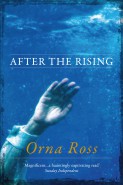 The story so far: Jo Devereux has returned to Mucknamore, the Irish seaside village where she grew up, for her mother's funeral after an absence of 20 years. There she reconnects with her sister Maeve and her ex-boyfriend, Rory O'Donovan, the only man she has ever loved, who caused the rift between her and her family. Now read on:
The story so far: Jo Devereux has returned to Mucknamore, the Irish seaside village where she grew up, for her mother's funeral after an absence of 20 years. There she reconnects with her sister Maeve and her ex-boyfriend, Rory O'Donovan, the only man she has ever loved, who caused the rift between her and her family. Now read on:
‘So, Dev,’ he says, after my sister has made her excuses and scuttled away. ‘What’s going on? Why are you receiving us in bed, like a courtesan? You don’t look sick to me. You look better than ever.’
As he’s talking, he’s pulling out the chair from the corner and bringing it over, close to the bed. ‘Don’t think I don’t know what you’re up to. Lying low, avoiding the mob. Avoiding me too, you brat.’
Brat-sh. The soft Irish T. He sounds so Wexford to my ears now, such a strong streak of Mucknamore in his accent: the nasal vowels, the singing rise and fall to his sentences. But of course it’s my speech that has changed, not his. I am stuck again by the newness of him, the short hair that makes him look unfinished.
‘It’s all a bit Mucknamore for me.’
‘I knew it.’
‘I hear you’re a full fledged resident now.’ I speak as if I only heard today, as if Maeve and Dee, my Wexford friend who also lives in SF, hadn’t passed on everything they knew about him since I left. ‘Was the progressive liberalism that drew you? Or the cultural stimulation?’
‘No need to sneer, city girl. It’s a good place to live.’
I raise my brows into a question. The Rory I knew could not have
Read more
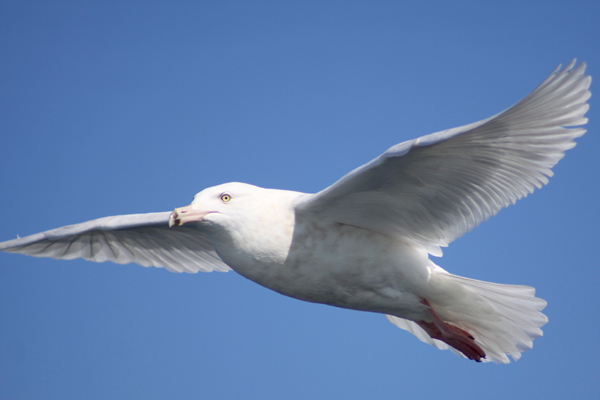
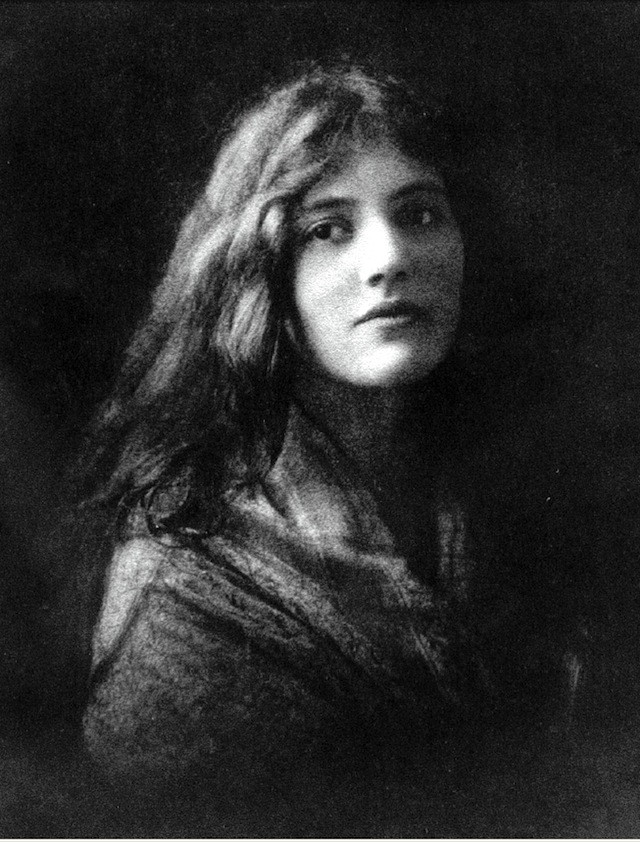

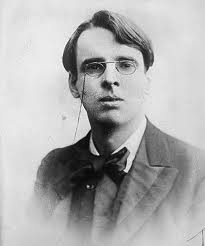
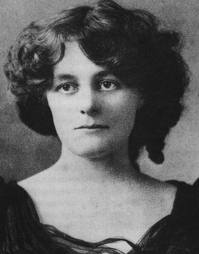
 will, her mother’s has bequeathed a pile of family papers and asked Jo to write about her family’s part in the Irish liberation struggle. Jo is fascinated by what she finds in these papers. But what part did her family really play in that struggle? Why did Dan O'Donovan die? And what does it all mean for her relationship with Rory O’Donovan, Dan's nephew, whom she swore she'd never let back into her life?
will, her mother’s has bequeathed a pile of family papers and asked Jo to write about her family’s part in the Irish liberation struggle. Jo is fascinated by what she finds in these papers. But what part did her family really play in that struggle? Why did Dan O'Donovan die? And what does it all mean for her relationship with Rory O’Donovan, Dan's nephew, whom she swore she'd never let back into her life?